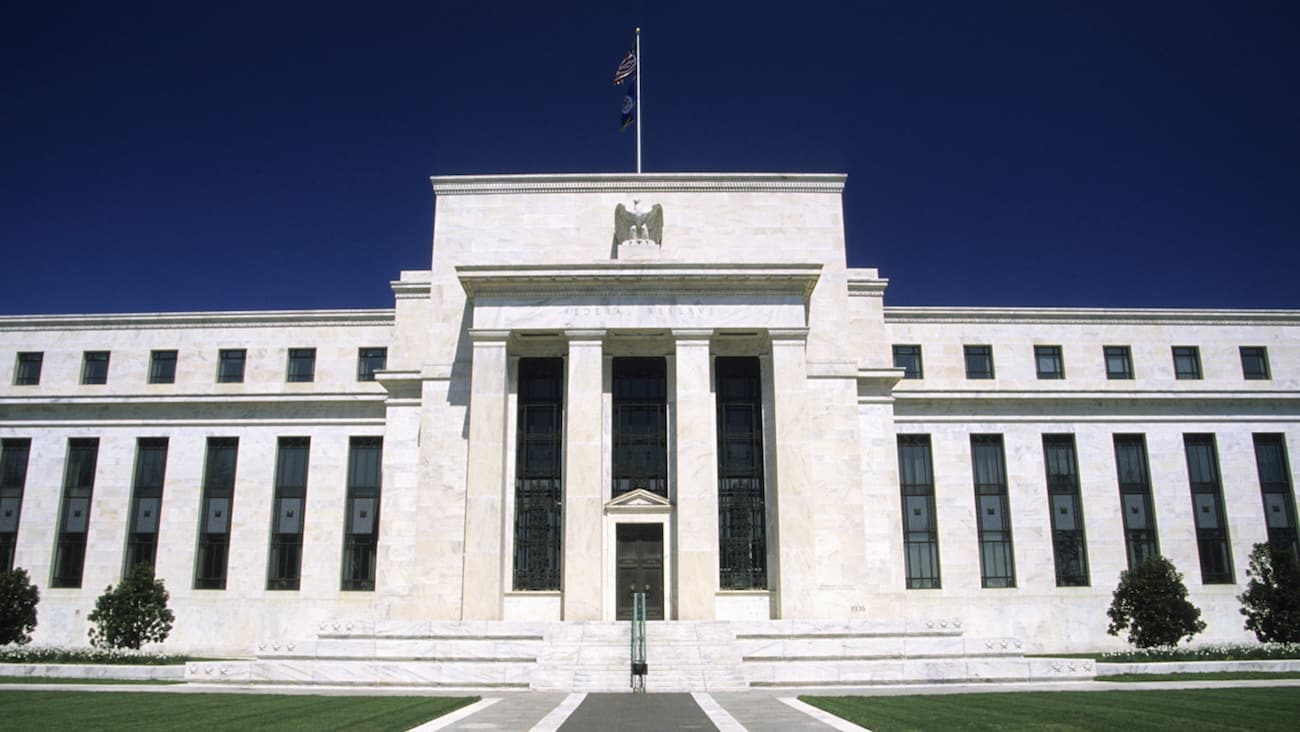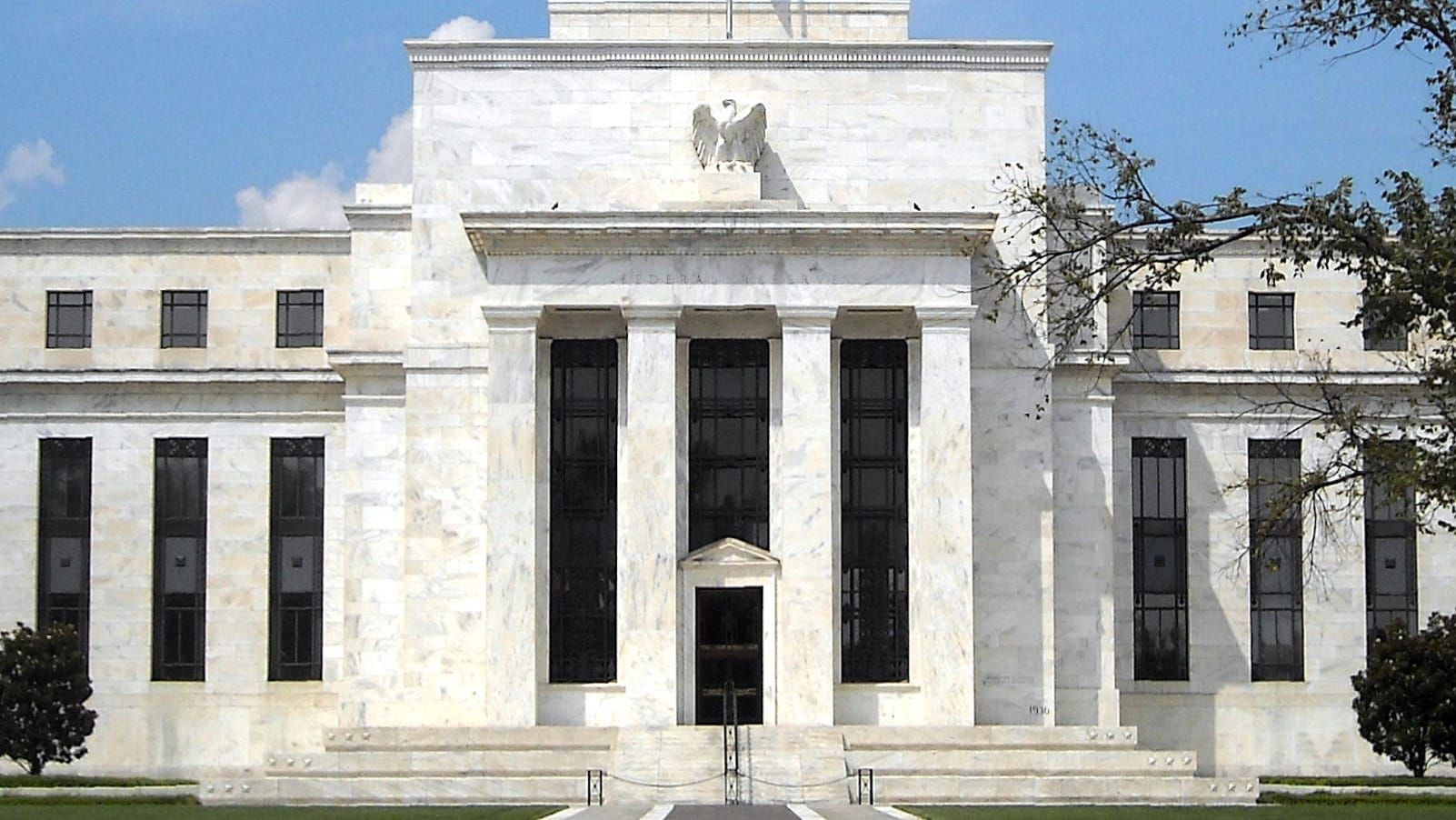In the course of civil societies, it often becomes necessary that policies or institutions, having been established by previous generations, face rigorous scrutiny by the public in order to determine their effectiveness. It is especially right when an institution, whose members are appointed to office, acts independently with only cursory oversight from elected officials. As such, it is within this framework that the role of the Federal Reserve System be brought into review.
Over the course of its tenure in American history, the mistakes of this body have been numerous. It has implemented policies whose effects are the opposite of the intent. Tasked with the primary mission of maintaining the stability of the currency, it has disregarded the long term effects of its recommendations and declarations, permanently damaging the coinage, notes and credit of the United States.
Since 1913, it has engaged in a deliberate policy of inflation- an expansion of the money supply that has resulted in precipitously rising prices. Inflation benefits debtors at the expense of creditors. It benefits those with market power who have the ability to increase prices without losing market share. Inflation destroys real capital and overstates profits. It encourages speculation and spending, at the expense of prudence and savings. Inflation discourages ownership and fosters renting, depriving people of private property and liberty. It hurts those on fixed incomes, especially the poor and middle class. As a consequence of an expansionary monetary policy, the Federal Reserve has confused rising prices with wealth; often they are mutually exclusive.
Wealth is created through a constructive process within a structure of production in which entrepreneurs are best allowed to function in an environment in which effort is rewarded. Wealth cannot be created or sustained by printing money. Capital is formed through a process of human innovation and creativity. There is no historical evidence that a nation which relies on the excess creation of money will benefit from long term prosperity. In actuality, the opposite occurs.
Rather than functioning as an independent counselor and steward, rendering sage advice to members of branches of government and its various institutions; the Federal Reserve has colluded with the Treasury to allow the federal government to live far beyond its means. It has fostered an environment in which fiscally irresponsible behavior is accepted as the norm.
It has been a direct accomplice to administrators of both political parties, allowing the national debt of the country to reach levels that are both staggering and incomprehensible. As this debt approaches the total output of final goods and services of the Unites States, the long term standing of the dollar as the global reserve currency is now being brought into question. Rather than strengthening the dollar over the course of nearly a century, the Federal Reserve has been directly responsible for exacerbating its demise.
The Fed has participated in the process where moral hazard has been accepted into the market place, which benefits few at the expense of many. Reprehensible conduct has been rewarded with federal bailouts; allowing those who followed questionable business practices to resume behavior, which reasonable men and women consider objectionable. By preventing failure, the government promotes activity which should have been eliminated by normal forces of the marketplace, which act to protect the public. By permitting failure, especially in the banking sector, larger institutions with questionable leadership would have been replaced by more respected agencies whose executives possessed sound judgment. It can be suggested that firms that are too big to fail are too big to succeed.
In formulating policy, the Federal Reserve has ignored the sound decisions of the nation’s founders, who established gold and silver as a means of exchange in Article I, Section 10 of the U.S. Constitution. It has wantonly disregarded lessons of history regarding money. It is well documented that when central banks engage in the deliberate, reckless and excessive creation of money, the destruction of the currency follows. The United States dollar is not immune to the forces of devaluation that, over the course of history, have ruined other currencies.
In weakening the dollar, this institution has increased the price of imports. This is especially true of oil, which increased dramatically from 2007 to 2008 as the Federal Reserve decreased interest rates; devaluing the currency. Recently, the Federal Reserve announced its plans to make additional asset purchases of $600 billion of treasury debt. The dollar weakened, the price of commodities soared and in many locations throughout the United States, gasoline rose from $2.65 to $3.09 per gallon. Even in this current crisis, the Federal Reserve ignores the effects of the excess creation of credit, arrogantly dismissing the pleas and recommendations of advisors and allies alike.
The broad intent of the Federal Reserve System was three fold: end the boom and bust cycle; stabilize the value of the currency; and end all bank failures. The publically accepted role of this institution has been to foster full employment and stabilize the value of the currency. Let us be candid: these goals have not been achieved. As this body anchors its views on a century old mandate from Congress, unwilling to adapt to an increasingly enlightened world, elected representatives must now act to rein in an institution whose intent is now increasingly suspect and whose actions most citizens find objectionable.
The Congress of the United States should move in a prudent and swift manner, understanding that members of the public have no recourse to address their grievances in which the Federal Reserve maintains its independence from proper oversight. Congress must permanently restrict the Federal Reserve from purchasing all government debt. This would include but would not be limited to, Treasury debt and all other federal paper from agencies. Congress must prohibit the Federal Reserve from setting short term interest rates. These rates should be set freely by market forces, not a body of centralized planners. Congress must eliminate the ability of the Federal Reserve to implement policy which would devalue the currency of the United States. Congress should restrict the agency to that of a clearing house and a regulatory body which oversees bank lending and transactions.
As the nation becomes more rightfully aware of the plight of the American poor and middle class, the most useful domestic remedy remains ignored: the stabilization of the U.S. dollar.
A graduate of the United States Military Academy at West Point, Mr. Breuhan is a regular contributor to Catholic Journal. His website is www.prudenteconomics.com







